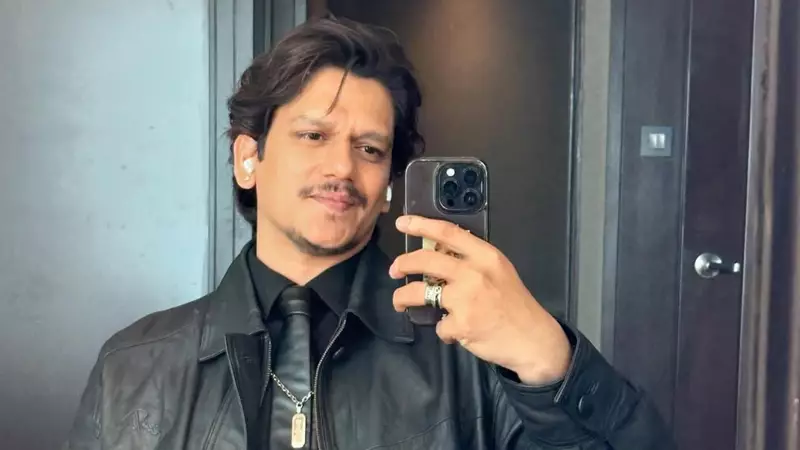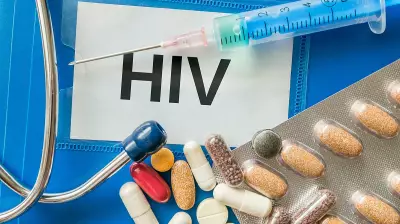
Bollywood actor Vijay Varma has recently made startling revelations about his mental health struggles, tracing their roots back to unresolved childhood trauma and family conflicts that significantly impacted his emotional wellbeing for years.
The Painful Childhood Memories
During an honest conversation on Rhea Chakraborty's podcast Chapter 2, the actor shared intimate details about his challenging relationship with his father during his teenage years. Vijay revealed that his father's constant disapproval of his career choices, friendships, and even how he spent his time created significant emotional distance between them. This ongoing conflict eventually led to his difficult decision to leave home, a choice that continued to haunt him with feelings of guilt for years afterward.
The actor expressed his emotional turmoil, stating that he struggled alone for nearly a decade without any notable achievements during this period. While he now understands the reasons behind his decisions, he admitted that everything seemed confusing and overwhelming during those difficult years.
The Pandemic Mental Health Crisis
Years after leaving home, the COVID-19 pandemic triggered a severe mental health crisis for Vijay. The buried pain from his childhood resurfaced with unexpected intensity, leading to a significant deterioration in his mental state. It was during this challenging time that Ira Khan, Aamir Khan's daughter, stepped in to support him.
Vijay credited Ira with being the first person to recognize his struggle and encourage him to take positive action. She became his unofficial coach, persuading him to join Zoom workout sessions and gradually helping him rebuild his physical and mental strength. Her intervention marked the beginning of his recovery journey.
Therapy and Diagnosis
The actor eventually sought professional help and began therapy, where he received a formal diagnosis of severe depression and anxiety. He described experiencing unexpected emotional breakdowns during physical activities, particularly during Surya Namaskar, where he would suddenly collapse and cry uncontrollably for hours without understanding the reason behind his tears.
Reflecting on his healing process, Vijay emphasized how childhood experiences from dysfunctional families can leave lasting marks on individuals. He explained that while people might consciously believe they've moved past childhood hurts, the subconscious mind continues to remember and store these painful memories, affecting adult behavior and relationships.
Impact on Adult Relationships
The actor also discussed how early trauma shapes adult love patterns, noting that unresolved childhood issues often manifest in romantic relationships. When children witness close relationships failing them early in life, they begin to associate love with fear, leading to patterns of pushing people away or repeating unhealthy relationship dynamics.
Gurleen Baruah, an existential psychotherapist at That Culture Thing, explained that childhood hurt rarely disappears completely but instead transforms into adult behavioral patterns. These can include sudden anger episodes, emotional numbness, people-pleasing tendencies, perfectionism, controlling behavior, or emotional withdrawal in intimate relationships.
The expert emphasized that our nervous system remains constantly alert, scanning for potential threats based on past experiences. This heightened sensitivity causes minor triggers to feel disproportionately significant because they activate unresolved emotional wounds from the past.
The Path to Healing
According to mental health professionals, the healing process begins with recognizing these patterns without self-judgment. Therapy and stable, patient relationships can help individuals rebuild their emotional responses, creating new neural pathways that support healthier attachment styles.
Baruah also explained why physical movement and therapy sometimes trigger unexpected emotional releases. She noted that trauma gets stored in the body as physical sensations rather than just memories. When people engage in activities like yoga, breathwork, or therapeutic exercises, these frozen emotional states begin to thaw, allowing for emotional integration and release.
The journey toward emotional healing requires gentleness and patience with the parts of ourselves that developed protective mechanisms during childhood. Through consistent effort and professional support, individuals can learn to create healthier relationship patterns and break free from the cycle of re-enacting past traumas.






